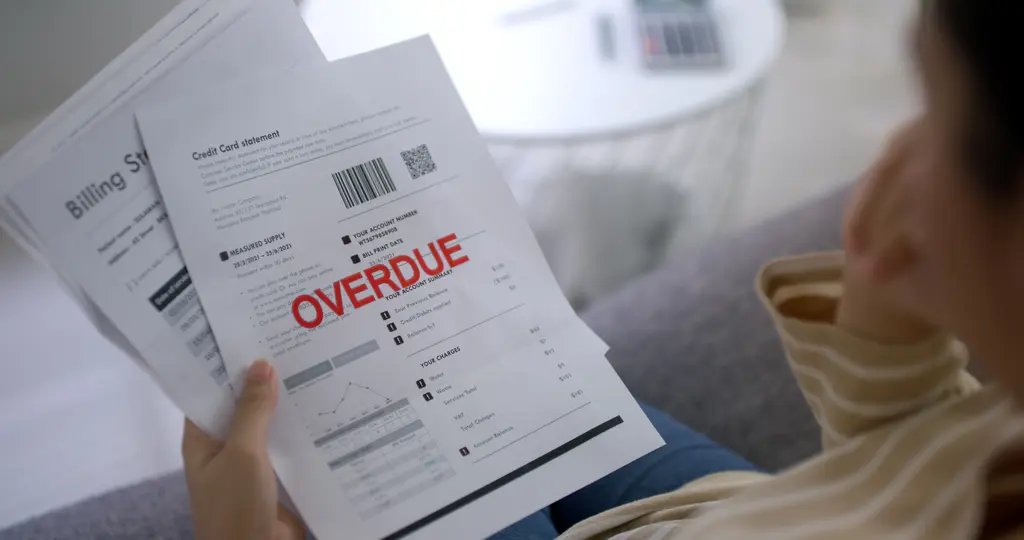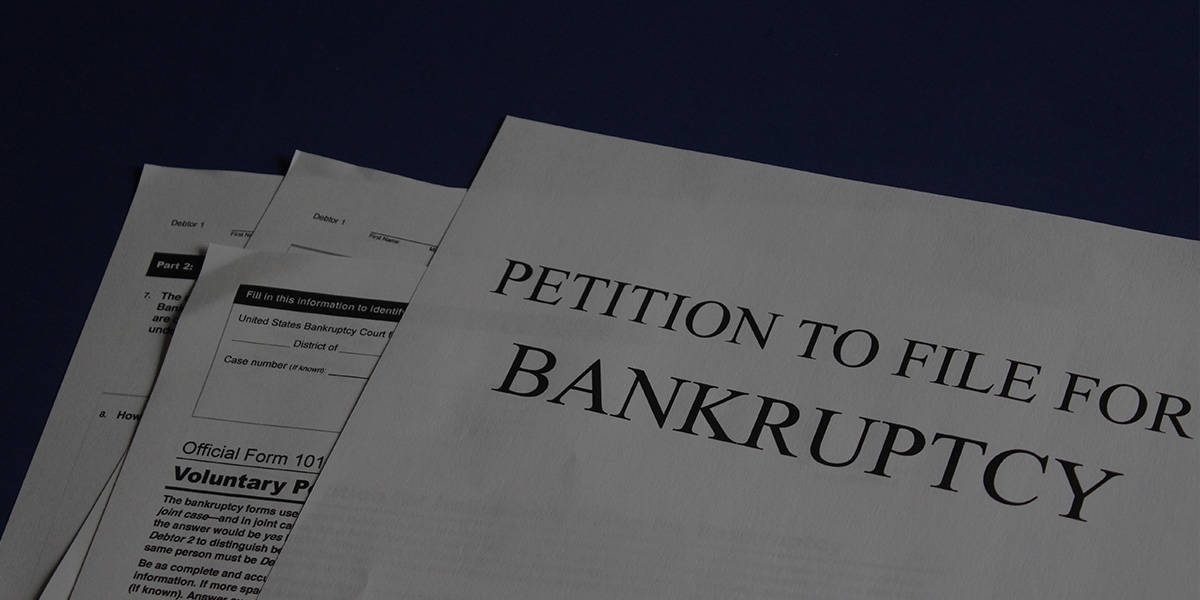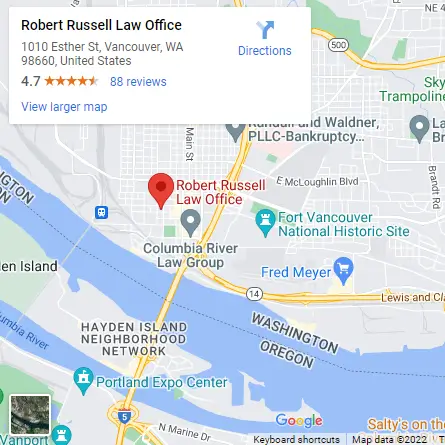A debtor pays funds to a Chapter 13 Trustee based on the terms of a proposed/confirmed Chapter 13 plan of reorganization. A Chapter 13 Trustee make monthly distributions to creditors and interested parties as required by the approved/confirmed Chapter 13 plan. A Plan lasts, usually, between 36 to 60 months. Generally speaking, a Chapter 13 trustee makes monthly distributions in the following approximate order:
1. Administrative Expenses
- Trustee fee for making the distributions (presently a mere 3.75% of funds distributed).
- Debtor’s Attorney fees (usually a small part of the total plan payment)
2. Current Domestic Support Obligations
- Current child support (often, the debtor would pay these direct from an existing wage deduction)
- Current Spousal Maintenance
3. Secured Claims
- Current monthly mortgage payments (if existing and paid through the plan; if the debtor is current then they can pay the payment him/herself)
- Car payment (the loan is often “rewritten” to have the car paid off by the end of the plan)
- Other secured debt (e.g., ATV, 5th wheel, boat)
- mortgage arrears (if existing and if the debtor wants to keep the house, debtors get 36-60 months to get caught up in Chapter 13)
4. Priority Claims
- Taxes (income taxes owed for returns due in the three years before filing, etc)
- Past-Due Child support
5. Non Priority Unsecured Claims (i.e., General Unsecured Claims)
- Visa debt
- Medical debt
- Student loans
- Certain taxes
- Personal loans
- Everything else
These debts share in anything that is left over after the above debts (#1-#4) are paid. They all get the same percentage of their claim paid: 0% up to 100% – it all depends on how much money the debtor is paying into the plan and for how long. There is NO RULE that says all these creditors must be paid in full each time. In a Chapter 13, the debtor often just has to do the best they can do. Whatever is not paid by the end of the plan is discharged (with some exceptions for student loans, taxes, etc). Often, these general unsecured creditors receive nothing.
Very General Rules
The above is a very general summary. Books are written on details of plan distribution. But the above should give you something of an idea.






